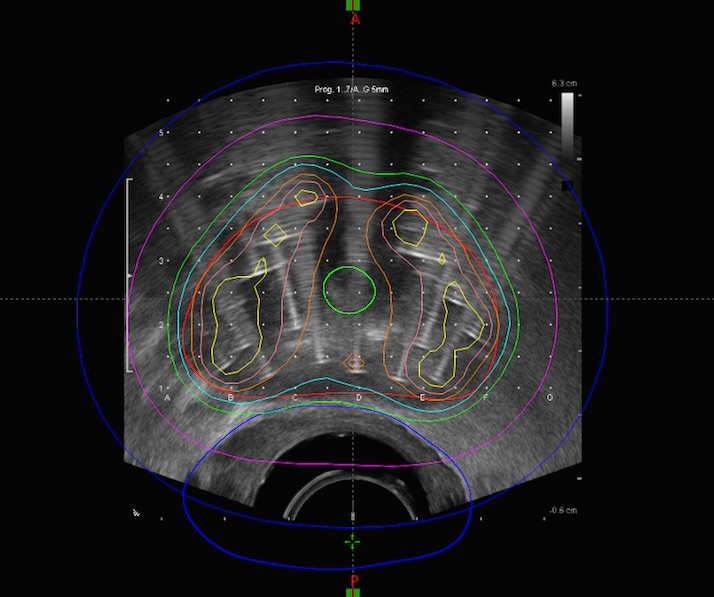Permanent radioactive seed implants are a form of radiation therapy for prostate cancer.
Side effects of prostate cancer seed implantation.
Brachytherapy side effects may include feelings of urgency frequent urination and slower and weaker urinary streams.
If your prostate gland is too big you might need hormone therapy for 3 months before the radiotherapy treatment.
Webmd describes how radioactive seed implants a form of radiation therapy called brachytherapy is used to treat prostate cancer.
It is also known as brachytherapy or internal radiation therapy this is the fastest growing method for treating prostate cancers in u s a.
I managed a close family members prostate cancer journey who had low dose seeds in his 70s.
These include frequent urination and a need to get to the bathroom quickly.
The hormone therapy shrinks the prostate and makes it easier to put the seeds into the right place.
Prostate brachytherapy brak e ther uh pee is a form of radiation therapy used to treat prostate cancer.
This means the cancer hasn t spread outside of the prostate.
Strictures in his prostate multiple emergency room visits for catheterization eventually a catheter into his bladder with a bag.
Permanent seed brachytherapy is a treatment for early stage prostate cancer.
Prostate seed implantation psi is a type of radiation therapy that involves placing radioactive seeds into the prostate.
Learn about the procedure side effects and risks.
He was given a green light turp in his 80s which affected his quality of life to his death at 96.
The terms brachytherapy or internal radiation therapy might also be used to describe this procedure.
Psi delivers a high dose of radiation to the prostate gland and sometimes the seminal vesicles which lie on either side of the prostate gland.
Urinary symptoms are the most common.
Side effects of radioactive seed implants.
This cat scan obtained after a seed implant shows the distribution of the seeds in the prostate gland red circle and away from the rectum.
Side effects and complications of seed implants.
Urinary side effects are temporary but common for patients undergoing prostate cancer treatment.
During the procedure radioactive iodine 125 or i 125 seeds are implanted into the prostate gland using ultrasound guidance.

